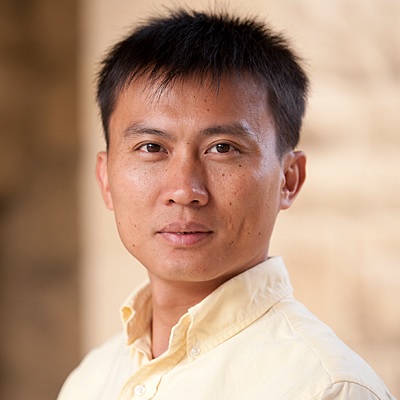By: Benjamin F. Jones, Northwestern University and Mohammad Ahmadpoor, Northwestern University

Image: CC0 Public Domain
What does hailing a ride with Uber have to do with 19th-century geometry and Einstein’s theory of relativity? Quite a bit, it turns out.
Uber and other location-based mobile applications rely on GPS to link users with available cars nearby. GPS technology requires a network of satellites that transmit data to and from Earth; but satellites wouldn’t relay information correctly if their clocks failed to account for the fact that time is different in space – a tenet of Einstein’s general theory of relativity. And Einstein’s famous theory relies on Riemannian geometry, which was proposed in the 19th century to explain how spaces and curves interact – but dismissed as derivative and effectively useless in its time.
The point is not just that mathematicians don’t always get their due. This example highlights an ongoing controversy about the value of basic science and scholarship. How much are marketplace innovations, which drive broad economic prosperity, actually linked to basic scientific research?
It’s an important question. Plenty of tax dollars and other funds go toward the research performed in academic centers, government labs and other facilities. But what kind of return are we as a society recouping on this large investment in new discoveries? Does scientific research reliably lead to usable practical advances?


 Emergency: You need more
Emergency: You need more 
 A journal’s impact factor looks at the number of citations within a particular year, but the significance of some research exceeds a one year time frame. To highlight these papers, Google Scholar released their
A journal’s impact factor looks at the number of citations within a particular year, but the significance of some research exceeds a one year time frame. To highlight these papers, Google Scholar released their 